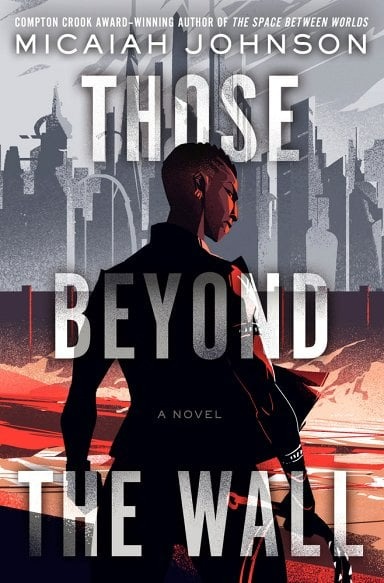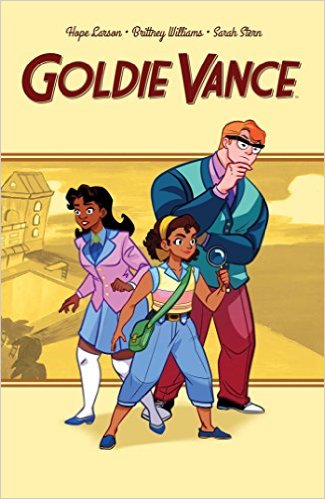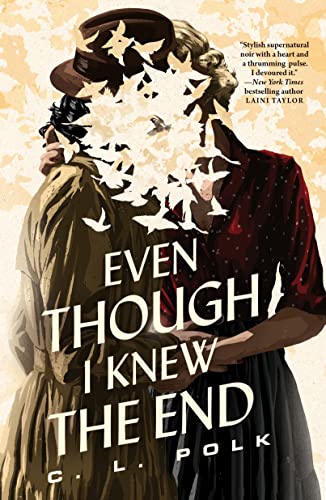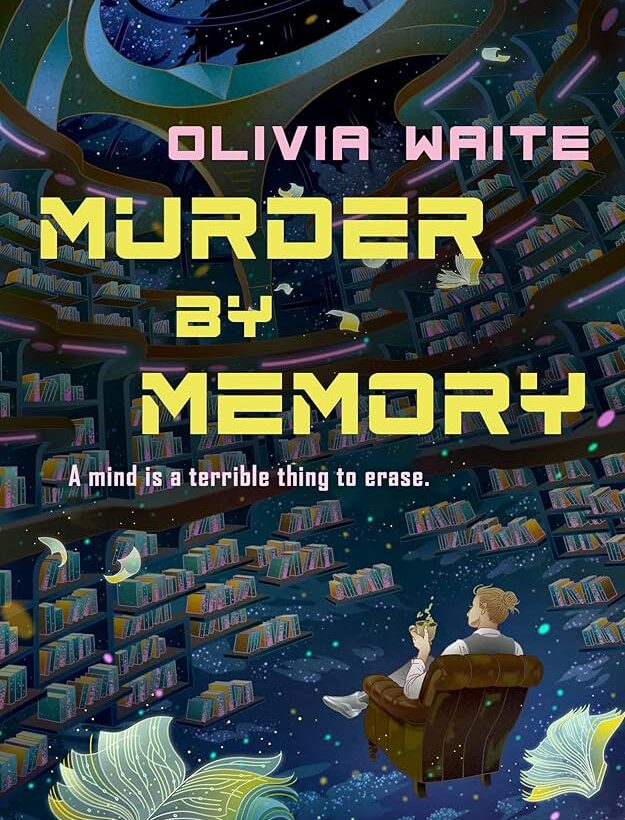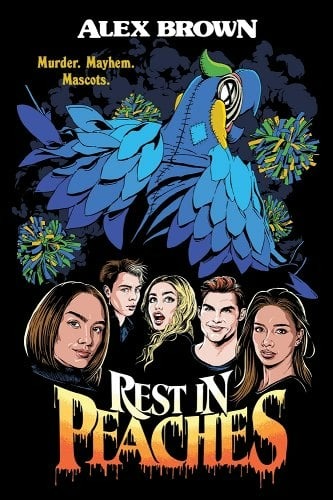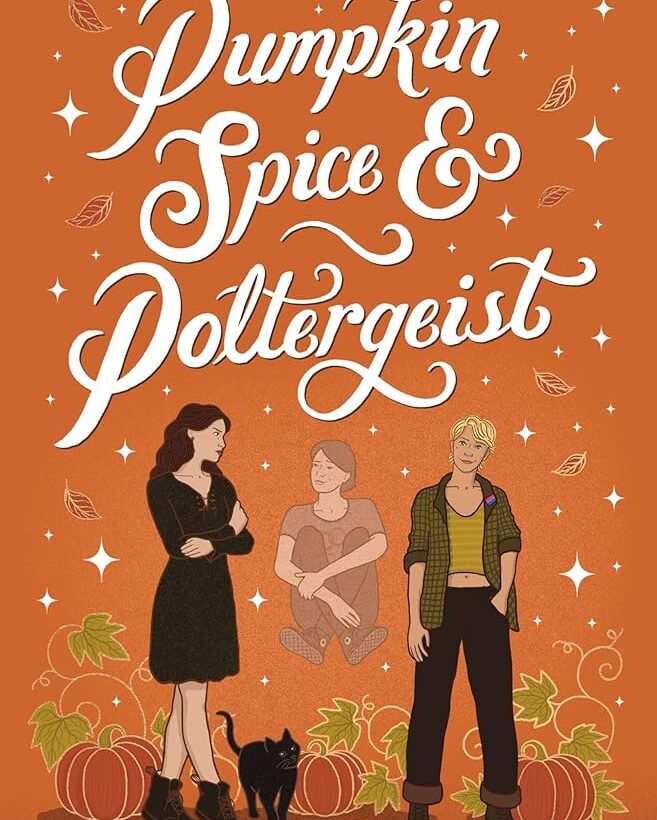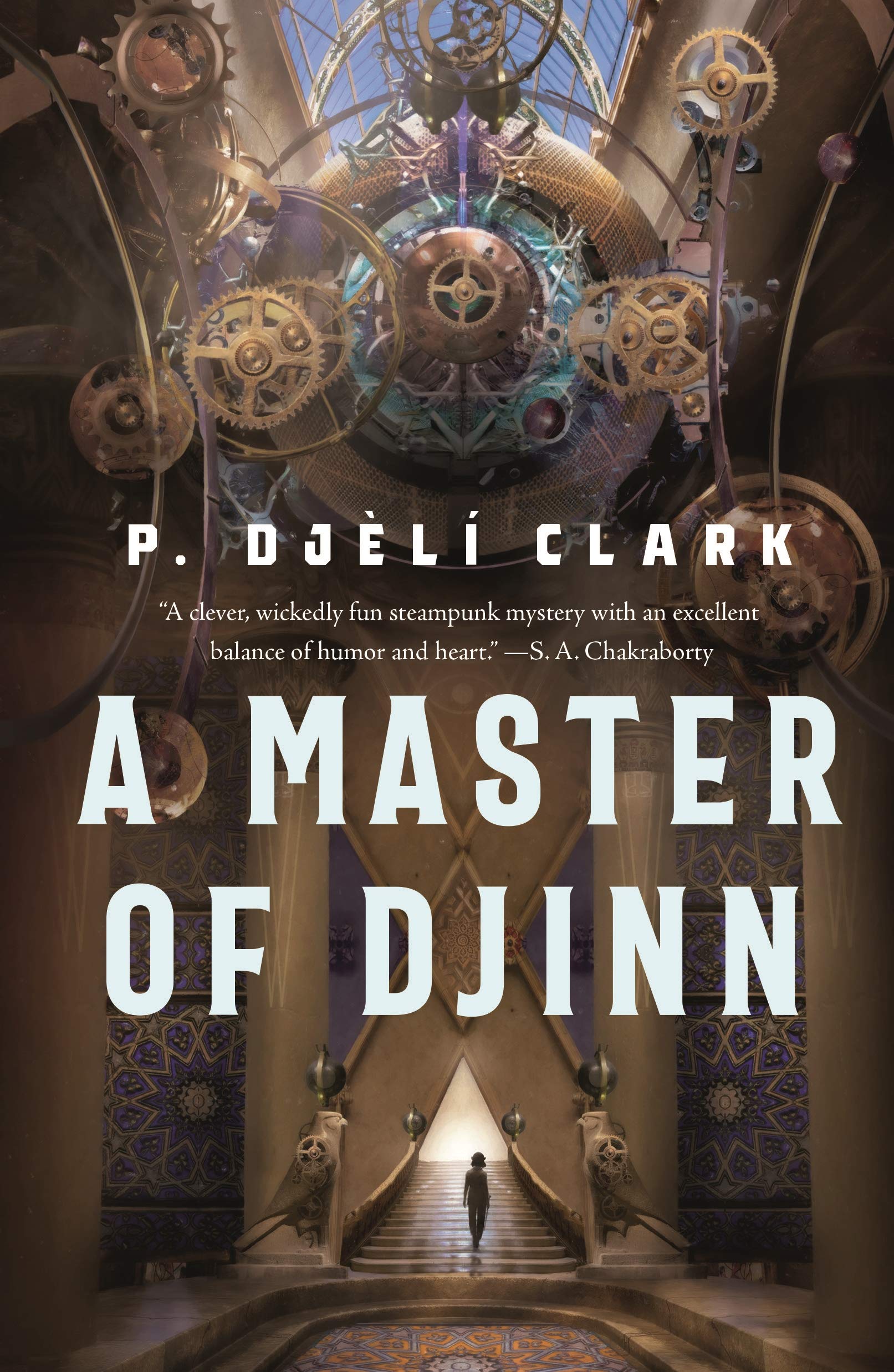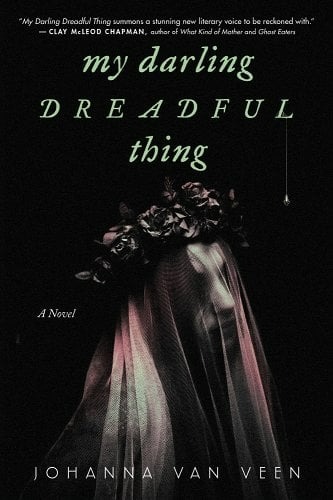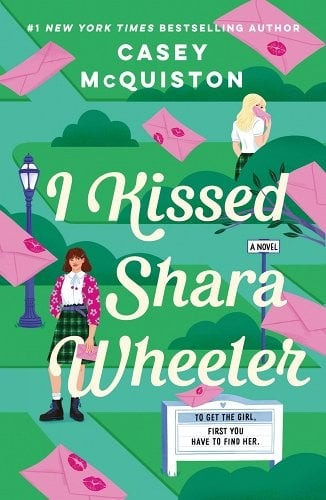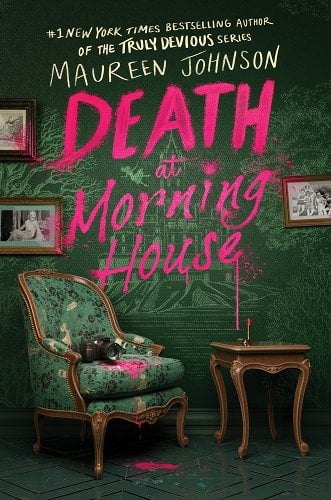I don’t think I’ve ever been so pulled into a novel by the dedication, author’s note, and epigraph. (The epigraph to Part One is “i did not come to preach of peace / for that’s not the hunted’s duty.” -Danez Smith.) In the author’s note, Johnson explains the inspiration behind this book coming from her time participating in the 62-day sit in at Nashville’s Tennessee State Capitol. I found myself writing down multiple quotations, including…
A Queer Girl Detective Romp: Goldie Vance (Volume One) by Hope Larson, Brittney Williams, and Sarah Stern Review
Goldie Vance (Volume One) centers on a girl detective with a passion for cars, ideally fast ones. She’s the daughter of a hotel manager and a professional mermaid in Cold War-era Florida. Goldie is a friendly, outgoing, direct girl, and when she hears of a necklace gone missing in her dad’s hotel, she’s right on theRead More
A Noir Mystery with Angels and Demons: Even Though I Knew the End by C.L. Polk Review
In 1940s Chicago, a serial killer known as the White City Vampire spreads fear as everyone wonders who his next victim will be. Helen Brandt, an exiled magician deemed a warlock for her crimes against the Brotherhood, is on the case. But as the mystery unfolds, her past comes back to haunt her, and sheRead More
A Cozy Sci-Fi Murder Mystery: Murder by Memory by Olivia Waite Review
I was quite excited to get an ARC for Murder by Memory by Olivia Waite (on sale March 18!), because I am already a huge fan of her queer romances (Hen Fever is a DELIGHT). So when I heard her newest novella was not only sci fi, but a cozy murder mystery (two genres that I think need moreRead More
Murder, Mayhem, and Mascots: Rest in Peaches by Alex Brown
After reading her debut novel, Damned If You Do, Alex Brown has quickly become one of my new favorite authors! As part of this year’s Sapphic September challenge, I read an ARC of her most recent novel, Rest in Peaches, which came out on October 15th of this year. Rest in Peaches follows a highRead More
Celebrate Halloween All Year with a Supernatural Cozy Mystery Romance: Pumpkin Spice & Poltergeist
The term “cozy mystery” first registered with me shortly after finishing Real Murders, the first book in the Aurora Teagarden series, written by Charlaine Harris. It probably goes without saying, but I’ve read that series and just about all the other books she’s written, including the Southern Vampire Mysteries. You know, the Sookie Stackhouse books. I’mRead More
An Immersive Steampunk Mystery: A Master of Djinn by P. Djèlí Clark
A Master of Djinn by P. Djèlí Clark is many things: a steampunk mystery, an anti-colonial historical, an at once dark and whimsical fantasy, and more. But if I had to sum it up in one word, it would be fun. This book gives the reader plenty to chew on while immersing them in a rich world, anRead More
The Perfect Queer Gothic to Read on Halloween: My Darling Dreadful Thing by Johnna van Veen
I’ve been trying to spend the fall reading Gothic fiction, and as Halloween approaches, Johanna van Veen’s queer Gothic horror novel, My Darling Dreadful Thing (Poisoned Pen Press, 2024), is the perfect book for this time of year! Veen’s debut novel follows Roos Beckman in the 1950s. Roos has a spirit companion, Ruth, has been dead forRead More
Beyond the Surface: I Kissed Shara Wheeler by Casey McQuiston
There’s only one thing standing in Chloe Green’s way of winning valedictorian: the town’s favorite and Chloe’s rival, Shara Wheeler. A month before graduation, Shara kisses Chloe, then does the most infuriating thing: vanishes. Chloe and two other boys Shara kissed are left with a series of cryptic notes; a scavenger hunt to find her.Read More
A Chilling Summer Mystery: Death at Morning House by Maureen Johnson
This wasn’t a book I planned to read in just two sittings. However, after continuing to tell myself “I’ll take a break after this chapter” and then not taking a break after the chapter, I finished it in a blur of twists and reveals that left me gasping. Death at Morning House follows Marlowe Wexler,Read More
- 1
- 2
- 3
- …
- 16
- Next Page »
